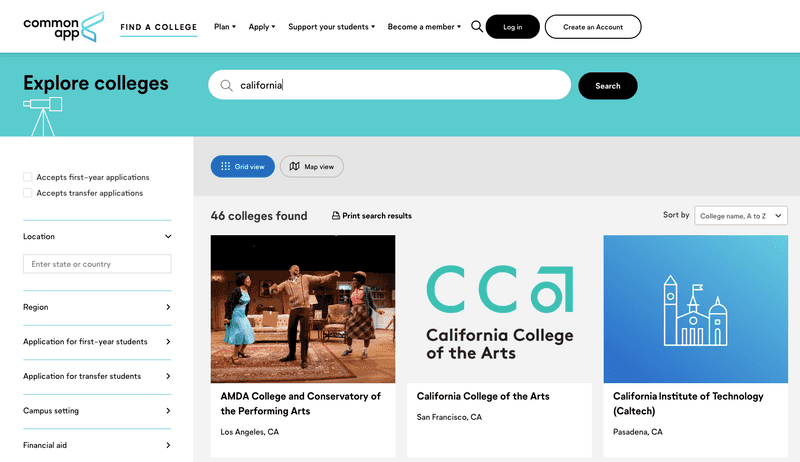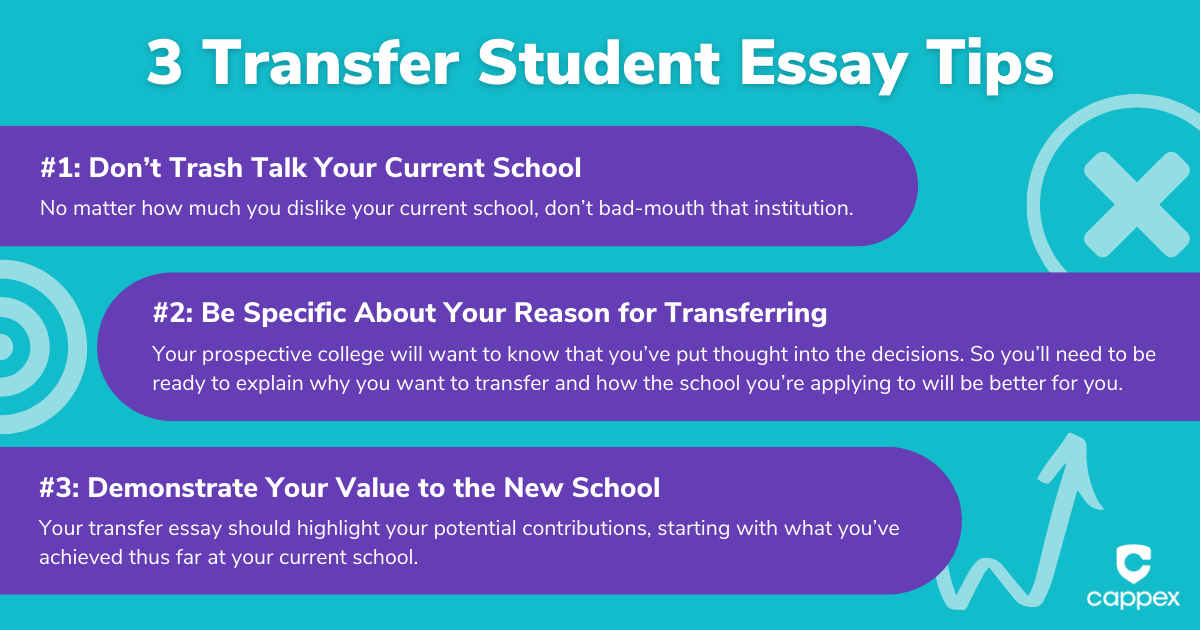Choosing a Career College
Is the school you are considering accredited and licensed?
Accrediting and state licensure agencies are gatekeepers that help make sure that you receive a quality education and get what you pay for. To learn more about accreditation and state licensure, read over the short descriptions below:
Accreditation
Accreditation is a good basic indicator of quality, although not every school chooses to be accredited. If a school is accredited by a nationally recognized agency, it means it has met certain quality standards established by the accrediting agency.
To find out if a school is accredited by a nationally recognized agency, check to see if the accrediting agency is included in the U.S. Department of Education’s List of Nationally Recognized Accrediting Agencies.
Licensure
Most states have laws requiring that career colleges and technical schools be licensed or certified to offer instructional courses and programs. If a school has a license or certificate to operate, it means it has gone through a process to make sure that it meets certain standards. Some states do not require certain schools to be licensed or certified to operate legally in the state.
Contact the state licensing agency where the school is located to find out if it is operating legally in the state, using the Directory of Higher Education Officials.
What are the requirements for admission?
Are there minimum entry requirements at the career college or technical school you are considering? Is a high school diploma or GED required? Contact the school and ask about their admission requirements, or go to your local library and look up information on the school.
Will your coursework transfer to another school?
When looking for a school to attend, you may want to find out if your coursework will transfer to another school for academic credit. Courses you take in one school do not automatically transfer to another school. To find out whether coursework will transfer to another school, call the admissions or registrar’s office and ask if the institution will accept credits from the career or technical school you are considering.
To learn more about transferring credits from one school to another, take a look at “The Student’s Guide to Transfer of Credit” by The Distance Education and Training Council.
Is crime at the school a problem?
The number and type of criminal offenses reported by a college or school to the U.S. Department of Education’s Office of Postsecondary Education (OPE) can be an important factor to consider before enrolling in a school. Criminal offenses at over 6000 colleges, universities, and career and technical schools in the United States can be found on the OPE Campus Security Statistics Web site.
Should you visit the school?
Yes, visit the school you are considering. While you are at the school, get a copy of the school catalog and take some time to look at the equipment and facilities to see if they are similar to equipment that you will be using on the job.
Also, sit in on a class or two and talk to the instructor and current students. Here are some questions to ask that will give you first-hand knowledge about the school:
o Do the instructors seem knowledgeable?
o Do students like the program?
o Are they learning what they need to know to get a job?
o What is their opinion of the instructors?
o Have they had any problems with the school, the instructors, or the classes?
o What do they like most and least about the school or program?
Finally, be a smart consumer–look at several schools that offer similar programs. Compare accreditation, program length, schedule, price (cost), course offerings, transferability of course credits, placement rates, financial aid availability, campus crime, and any other factors that are important to you.




